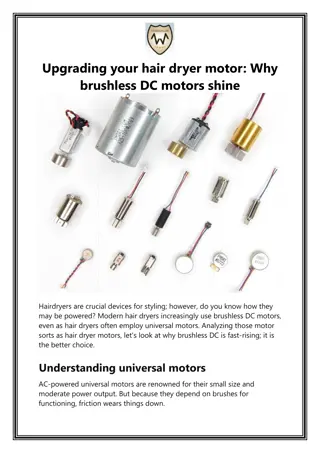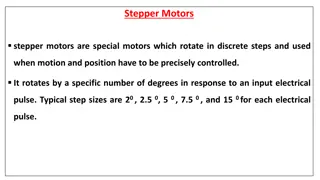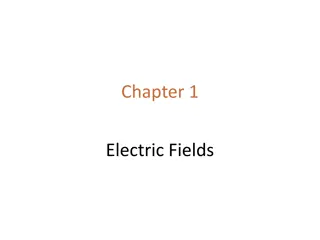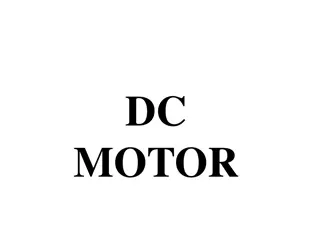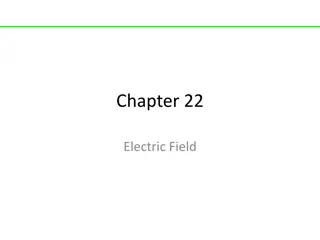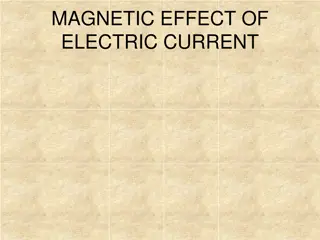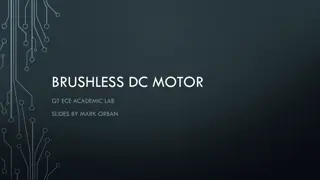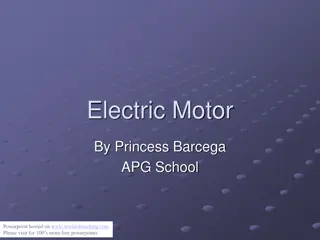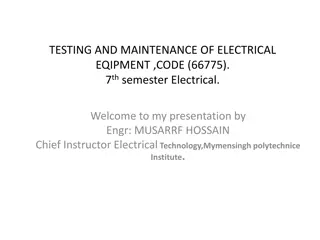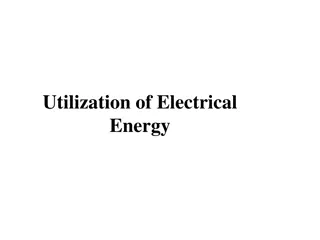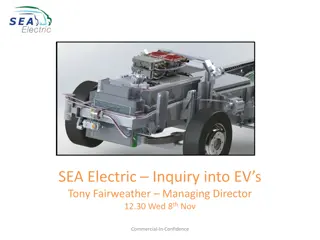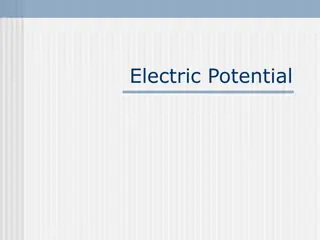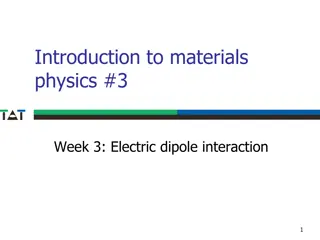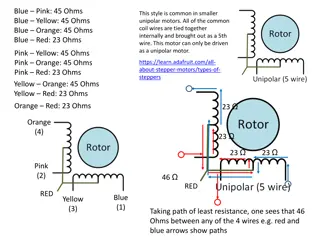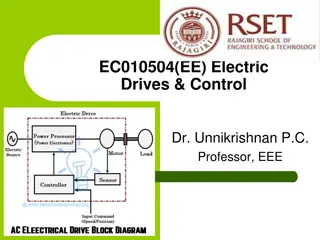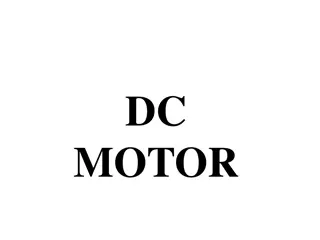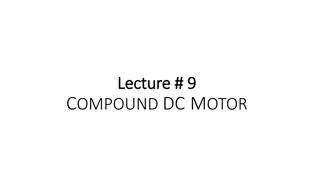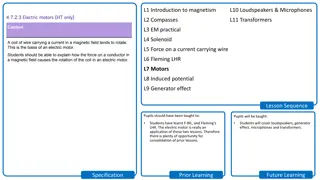Understanding Fleming's Left Hand Rule and Electric Motors
Fleming's Left Hand Rule, also known as the Left Hand Rule for Motors, explains the interaction between charged particles and magnetic fields. Electric motors utilize this principle to convert electrical energy into mechanical energy through the interaction of magnetic fields and current-carrying conductors. Learn how the Left Hand Rule and Right Hand Rule help in understanding the direction of magnetic fields, currents, and motion in motors and generators. Explore the working of electric motors and generators, essential components in modern machines, such as fans, turbines, electric cars, and conveyor belts.
Download Presentation

Please find below an Image/Link to download the presentation.
The content on the website is provided AS IS for your information and personal use only. It may not be sold, licensed, or shared on other websites without obtaining consent from the author. Download presentation by click this link. If you encounter any issues during the download, it is possible that the publisher has removed the file from their server.
E N D
Presentation Transcript
The Left Hand Rule( for motors) shows what happens when charged particles (such as electrons in a current) enter a magnetic field This rule is also called Fleming's Left Hand Rule, after English electronics pioneer John Ambrose Fleming First finger represents the direction of the Field. The Second finger represents the direction of the Current [conventional current, positive(+) to negative(-). The Thumb represents the direction of the Thrust or resultant Motion. FBI - moving from thumb to second finger. The thumb is the force F The first finger is the magnetic field B The second finger is the of current I
The Right Hand Rule simply shows how a current-carrying wire generates a magnetic field point your thumb in the direction of the current and let your fingers assume a curved position, the magnetic field circling around the wires flows in the direction in which your four fingers point. Fleming's right hand rule (for generators). The appropriately- handed rule can be recalled by remembering that the letter "g" is in "right" and "generator"
Fleming's left hand rule (for electric motors) shows the direction of the thrust on a conductor carrying a current in a magnetic field.
An electric motor is a motor that uses electrical energy to produce mechanical energy, usually through the interaction of magnetic fields and current- carrying conductors. Electric motors are used in most, modern machines. Obvious uses would be in rotating machines such as fans, turbines, drills, the wheels on electric cars, locomotives and conveyor belts. The reverse process, producing electrical energy from mechanical energy, is accomplished by a generator or dynamo A generator forces electric charges to move through an external electrical circuit, but it does not create electricity or charge, which is already present in the wire of its windings. It is analogous to a water pump, which creates a flow of water but does not create the water inside.
This powerpoint was kindly donated to www.worldofteaching.com http://www.worldofteaching.com Is home to well over a thousand powerpoints submitted by teachers. This a free site. Please visit and I hope it will help in your teaching


